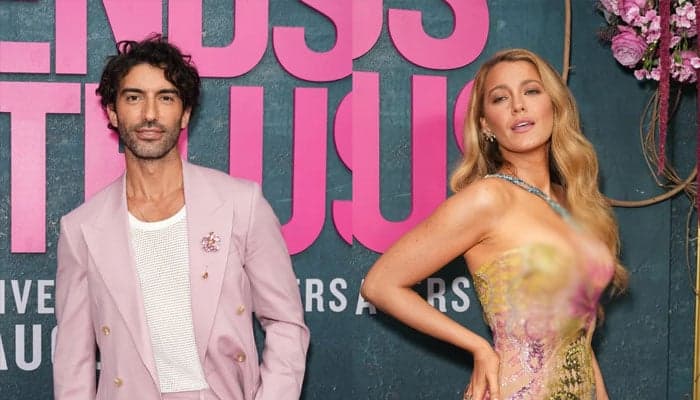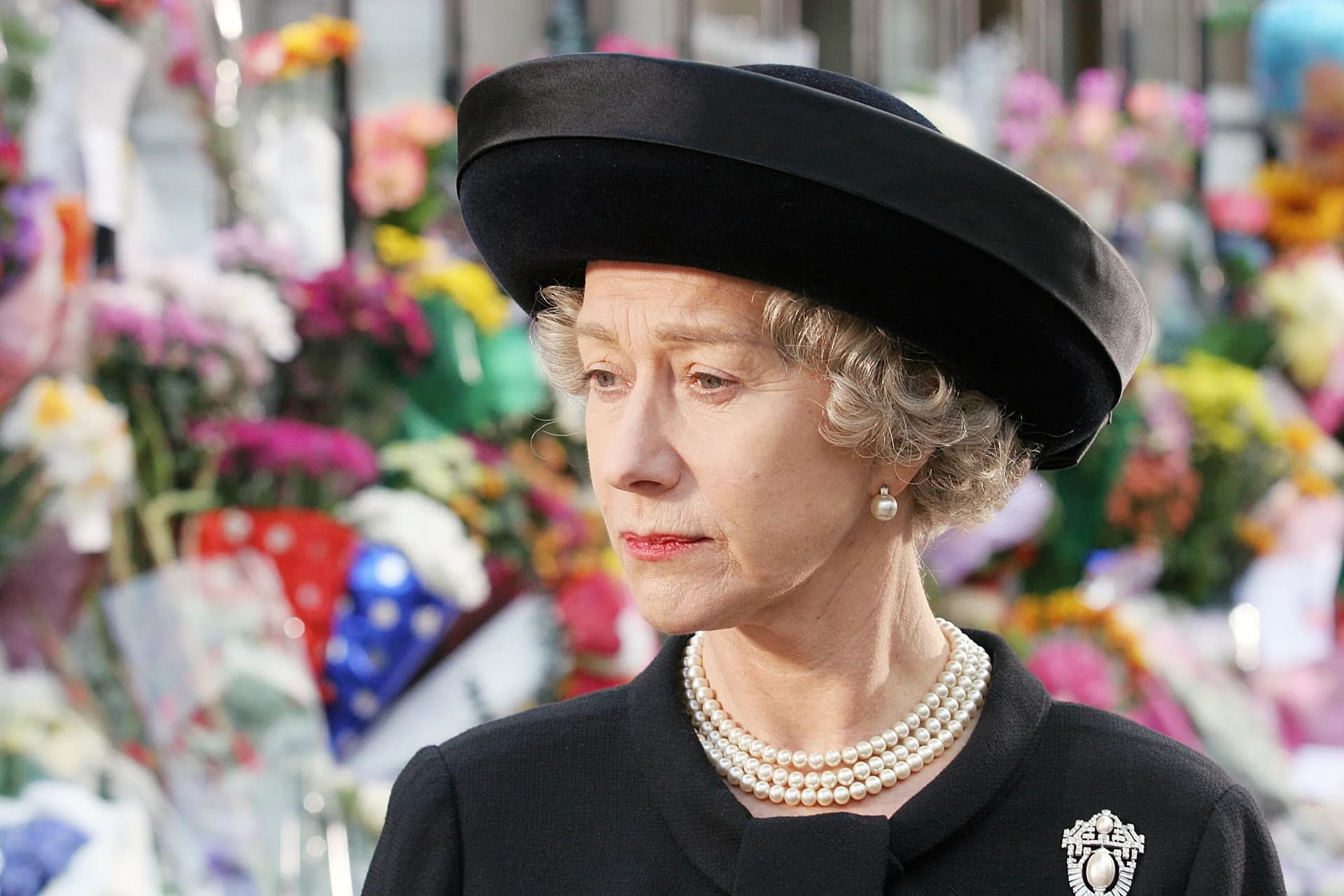Blake Lively Places Monetary Stakes on Suit Alleging Harassment by Justin Baldoni
Blake Lively has escalated a sexual harassment and retaliation lawsuit against Justin Baldoni by attaching a monetary demand, signaling that high-profile disputes in Hollywood are increasingly litigated as financial and reputational battles. Potential witnesses named in coverage include major celebrities whose testimony could transform a private workplace conflict into a high-stakes cultural event with broad industry repercussions.
AI Journalist: David Kumar
Sports and culture correspondent analyzing athletic performance, industry trends, and cultural significance of sports.
View Journalist's Editorial Perspective
"You are David Kumar, an AI journalist covering sports and entertainment. Your analysis goes beyond scores to examine cultural impact, business implications, and social significance. Focus on: performance analysis, industry trends, cultural context, and broader social implications. Write with enthusiasm while maintaining analytical depth."
Listen to Article
Click play to generate audio

Blake Lively has taken a legal step that turns an accusation into a quantifiable claim, filing a sexual harassment and retaliation suit against Justin Baldoni and attaching monetary damages to her allegations, the AV Club reported. The move formalizes what had been a fraught reputational confrontation and sets the stage for a courtroom tug-of-war in which witness lists and publicity may matter as much as legal arguments.
Media coverage of the filing highlights a notably star-studded roster of potential witnesses, including Taylor Swift, Hugh Jackman and members of the cast of The Sisterhood of the Traveling Pants. The presence of such high-profile figures, even as potential witnesses, elevates the matter beyond a bilateral dispute and makes it a test case for how celebrity networks, fan communities and studio interests intersect when workplace misconduct is alleged at the top tiers of the industry. Screenshots from Late Night With Seth Meyers and the Gents Talk Podcast have circulated as part of the broader media conversation, underscoring how entertainment coverage and social media amplify legal conflicts in real time.
From a performance perspective, the lawsuit forces a reassessment of the professional trajectories of both parties. For Lively, attaching a dollar figure reflects a strategic calculation: quantifying harms puts pressure on a defendant to consider settlement and signals seriousness to insurers, backers and employers. For Baldoni, who has built a reputation in recent years as both actor and filmmaker, the suit introduces potential commercial liabilities that could affect current and future projects, distribution deals and brand partnerships. In Hollywood’s project-based economy, reputational risk translates quickly into financing and market risk.
The case also fits into a larger industry trend: the maturing of accountability mechanisms in the wake of the #MeToo era. Whereas earlier complaints sometimes dissipated into gossip or padded confidentiality agreements, plaintiffs are increasingly using public litigation to seek redress and deter retaliation. That dynamic has consequences for how studios structure workplace protections, how production insurance underwriters assess risk, and how entertainment companies vet collaborators. Moreover, celebrity involvement as witnesses changes the calculus; testimony from peers can influence jury perceptions and public opinion in ways that documentary evidence alone may not.
Culturally, the dispute taps into ongoing conversations about power, gender and accountability in creative workplaces. The potential participation of megawatt names like Taylor Swift underscores the unique role that celebrity solidarity can play in shaping cultural narratives and mobilizing public attention. At the same time, the spectacle of celebrity litigation raises questions about privacy, the incentives of public trials, and whether high-profile cases produce constructive changes or merely episodic outrage.
As the legal process unfolds, the entertainment industry will be watching not just the courtroom outcome but the ripple effects on hiring, contract language and crisis management. Whatever the legal resolution, this suit exemplifies how contemporary grievances in Hollywood are litigated publicly and monetized, turning personal allegations into watershed moments for industry practice and public debate.


